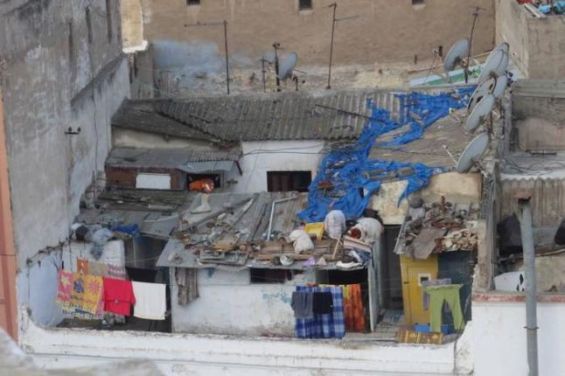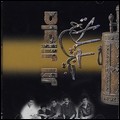In an attempt to address income inequality in Morocco, Moroccan think thank Policy Center for the New South (PCNS) published, Friday, a report on the matter. The latter entitled «Inequality in Morocco : An International Perspective» highlights the measures the government can implement to «reduce inequality and enhance growth».
Conducted by Uri Dadush and Hamza Saoudi, from PCNS, the report compares the situation of Morocco to that of four developing countries that are «more unequal», two neighboring countries that are more equal and Sweden, seen as an «example of best practice».
Comparing Morocco to more and less equal countries
The report concludes that when comparing Morocco to the aforementioned nations, namely Argentina, Brazil, South Africa, Turkey, Tunisia, Egypt and Sweden, it is seen that they «exhibit widely different levels of development as measured by income per capita, where [the Kingdom] ranks lowest».
PCNS’ authors stress that although Morocco «has made significant progress in terms of human development in recent years» the country «remains the lowest» compared to the other countries. Also, when compared to North African countries, Morocco’s human development performance remains low.
«The poverty rate which best applies here is defined at $ 3.2 a day by the World Bank and in Morocco it is at 7.7 %, below that of Brazil, and well below that of Egypt and South Africa. Morocco’s poverty rate is, however, twice that of Tunisia and 4 times higher than that of Turkey», the same source adds.
As for jobs and gender, which are a big contributor in inequality, the think tank recognizes that the official unemployment rate in Morocco is lower than that of Egypt and Tunisia and «is among the lowest in the sample of selected countries». The same thing applies to gender inequality, according to the same report, which indicates that the «very low participation of women in the Moroccan labor market is striking and remains one of the lowest in the world».
Education is also a problem that widens income inequality in Morocco. The report concludes that the «unequal access to high quality education is converted in the future into unequal access to the labor market and as result into income and wealth inequality».
What the government can do to reduce income inequality
Stressing the need of having the Moroccan government implement new measures to reduce income inequality, PCNS refers to a series of recommendations. The latter would help the country «reduce inequality while at the same time enhance growth and – possibly – do so in a manner that is budget-neutral or even budget-positive», it added.
First, the Moroccan think tank stresses the need of introducing reforms to the educational system. «Any ordering of the reforms needed to reduce inequality would surely place better education and improved access to that education by the lower 50% of the income distribution at the top of the list», the authors wrote. They believe that future reforms must address a «more equitable distribution for spending» and above all «greater effectiveness in managing the public education system».
Educational reforms must also be followed by the will of «promoting the participation of women in the labor force». «Since Moroccan women are closing the gap with men on education and Morocco needs more qualified workers, improving the gender balance is increasingly possible and needed», the report suggested.
PCNS’ recommendations also consider the health sector and the need of having a «more equitable (system) across Morocco’s regions and social classes».
As for the Kingdom’s tax system, the think tank states that the government have to «make the tax system more progressive by reducing the reliance on indirect taxes and increasing that on income taxes». The report addressed, as well, the need of reducing corruption and allowing better access to data on tax collection.





 chargement...
chargement...













